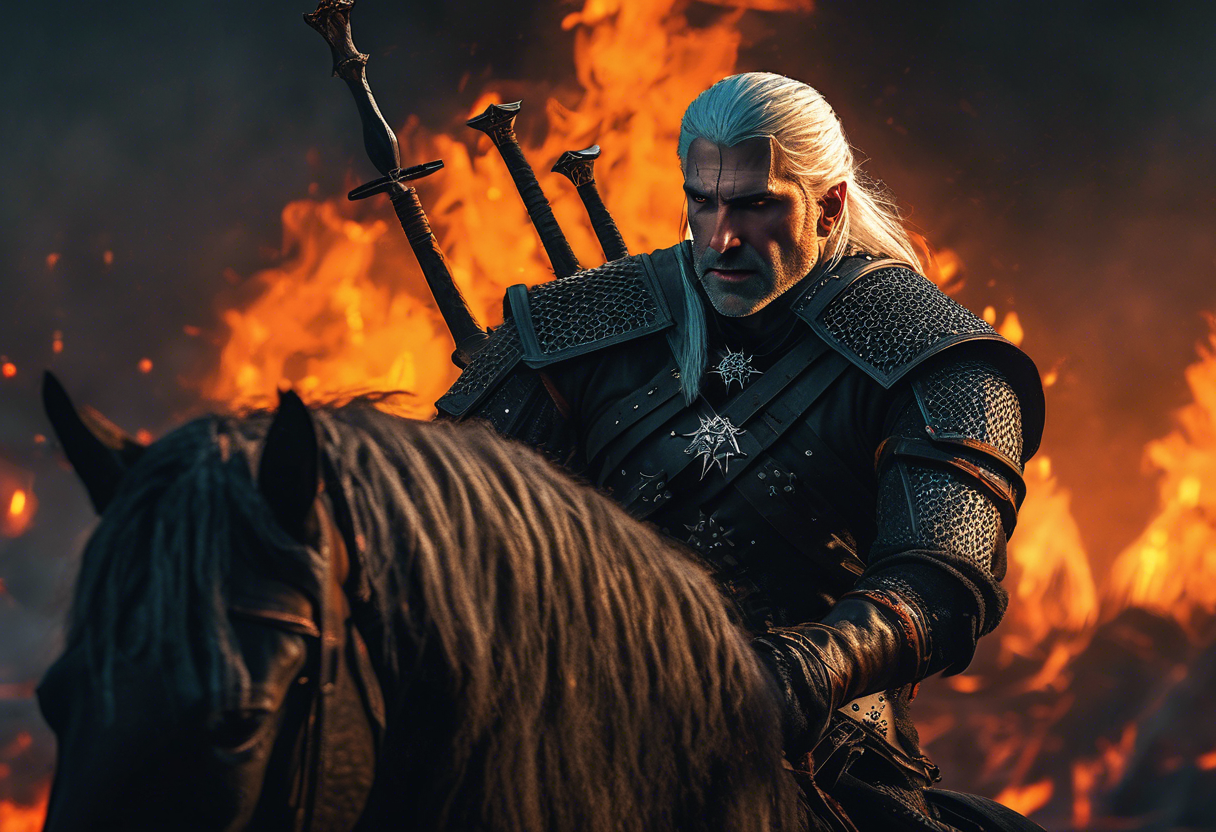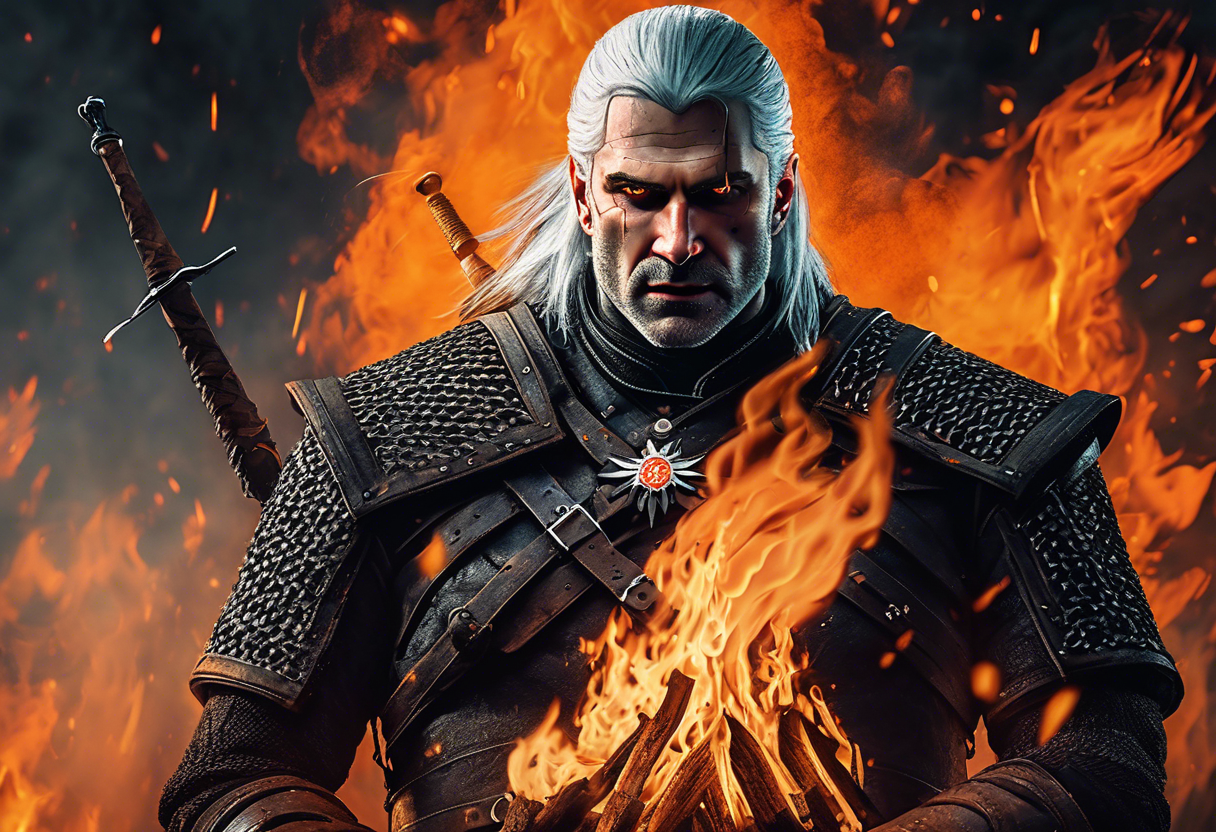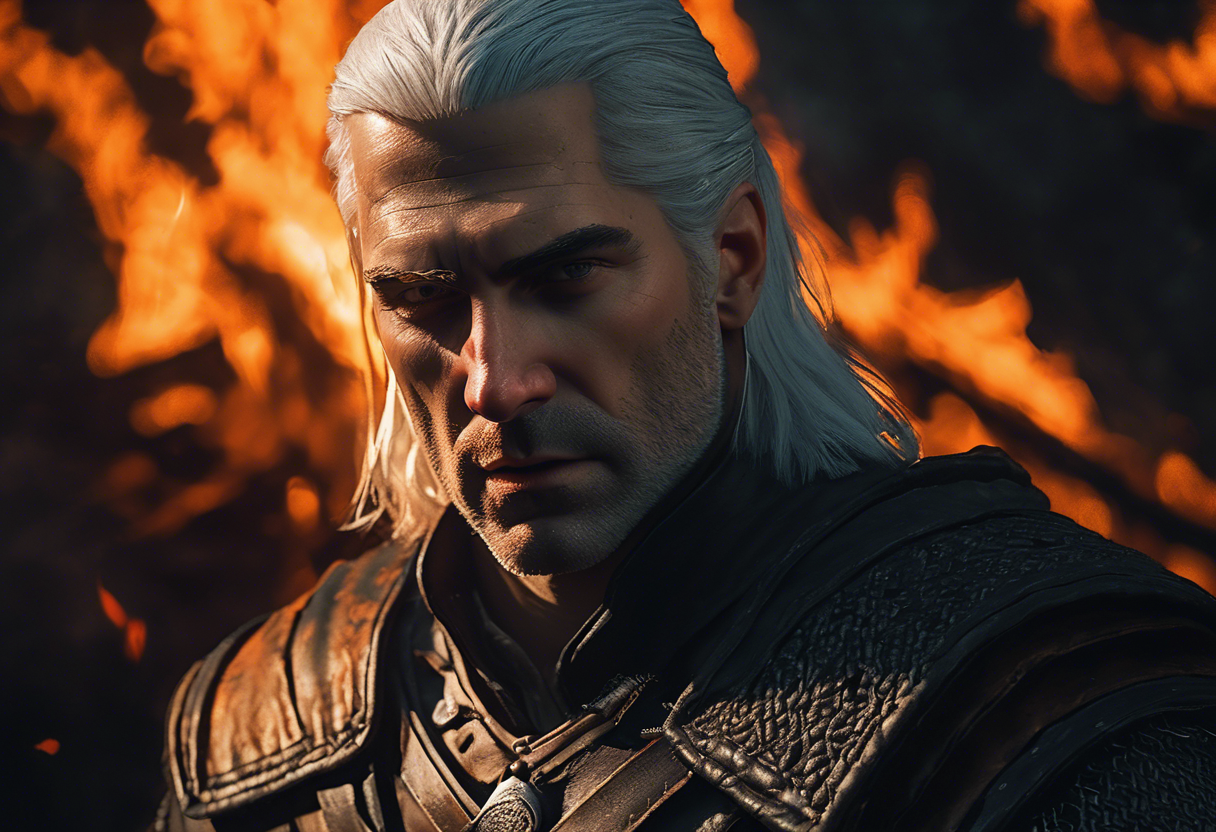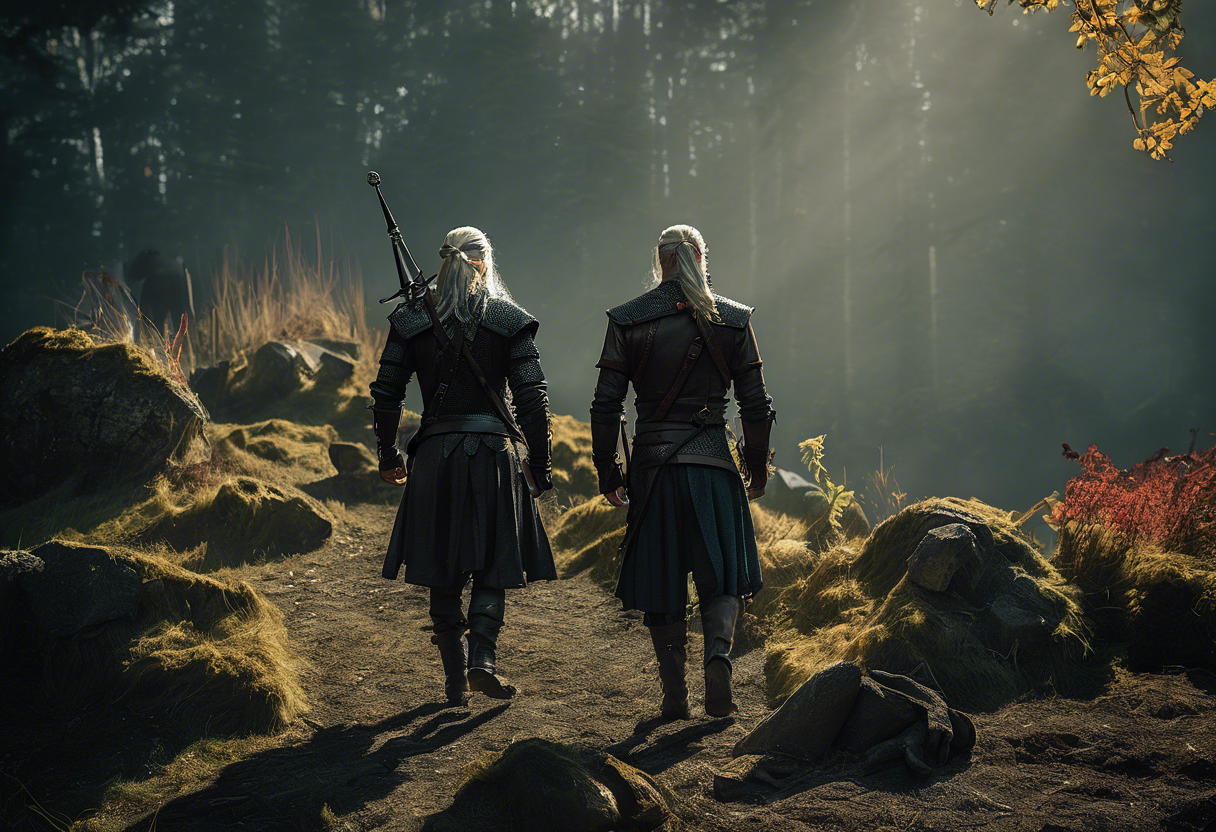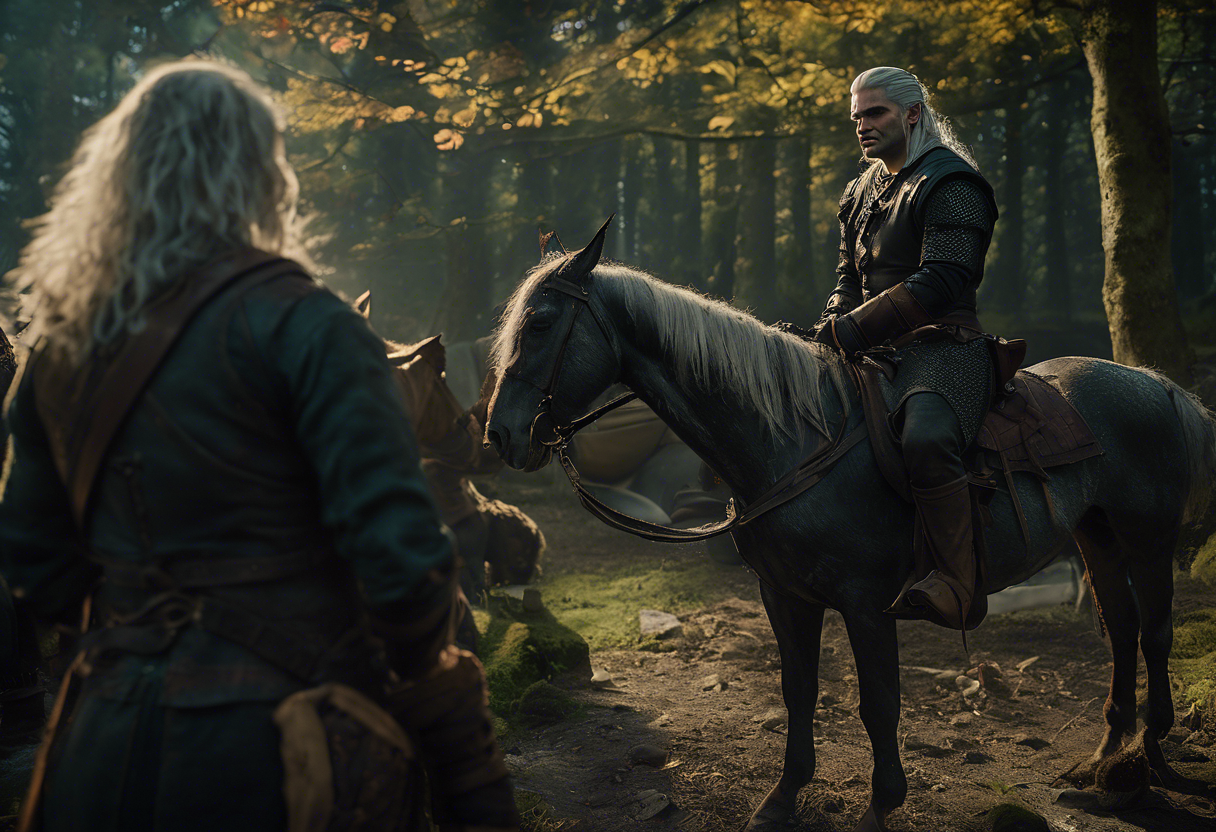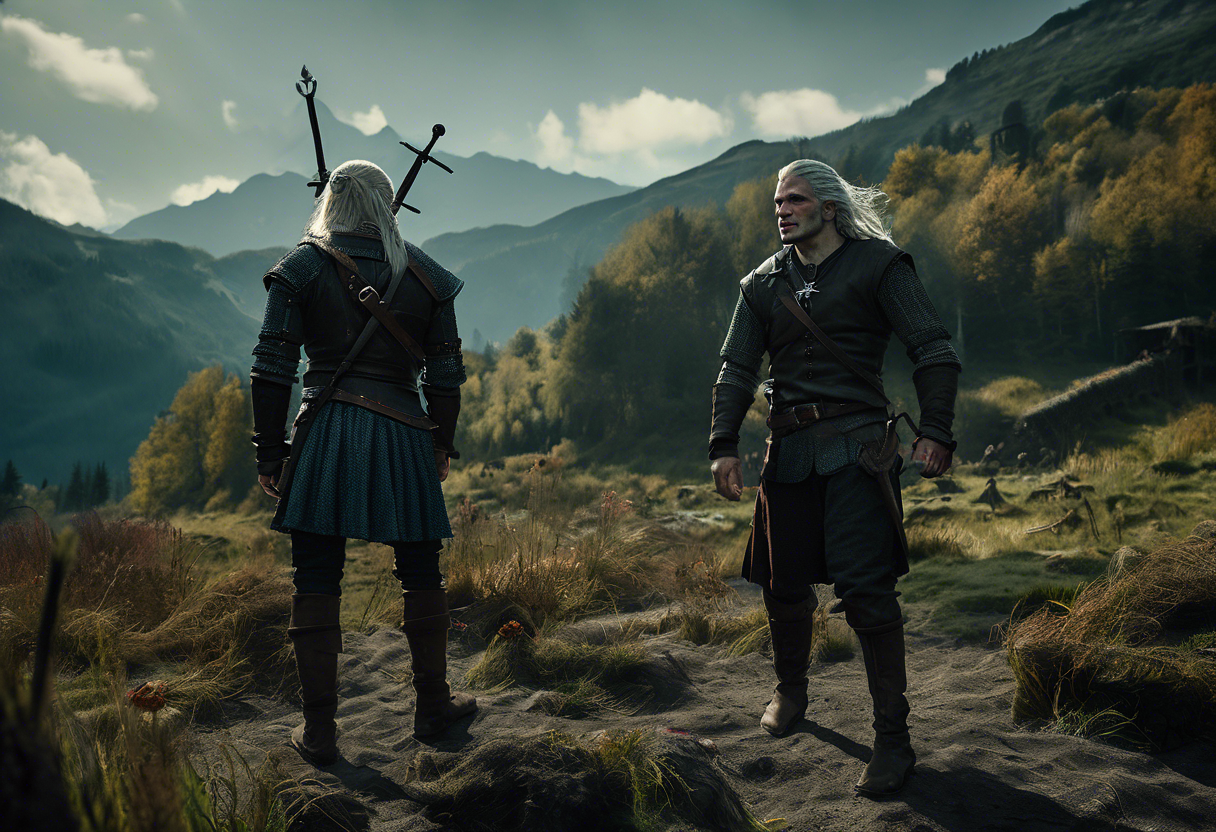Contents
Introduction
The second season of the Netflix series "The Witcher," often referred to in the context of its pivotal themes and events as "Season 2 – Fire," continues the epic fantasy adventure based on the popular book series by Andrzej Sapkowski. Released in December 2021, this season builds upon the foundation laid by the first season, delving deeper into the complex world of Witchers, mages, and the political intrigue of the Continent.
The production of Season 2 involved key creative figures such as showrunner Lauren Schmidt Hissrich, who also served as an executive producer, and directors like Stephen Surjik and Louise Hooper. The writing team included Hissrich, Beau DeMayo, and Clare Higgins, among others. This season is notable for its expansion of the narrative, incorporating elements from Sapkowski’s works "A Grain of Truth," "Blood of Elves," and the beginning of "Time of Contempt"[3].
What sets Season 2 apart is its intricate plotting, character development, and the introduction of new, powerful adversaries. The season’s use of fantasy elements, combined with its deep exploration of human emotions and moral dilemmas, makes it a standout in the fantasy genre.
Plot Summary
Season 2 of "The Witcher" is marked by several key events that drive the narrative forward. The story begins with Geralt of Rivia (Henry Cavill) and Ciri (Freya Allan) seeking refuge at Kaer Morhen, the stronghold of the Witchers, after the events of the first season. Here, Ciri begins her magical training under the guidance of Triss Merigold (Anna Shaffer) and other Witchers.
A significant threat emerges in the form of Rience (Chris Fulton), a fire mage who is freed from prison to hunt Ciri for an anonymous employer. Rience captures and tortures Jaskier (Joey Batey) to extract information about Geralt and Ciri’s whereabouts [1][4].
Meanwhile, Yennefer (Anya Chalotra) is dealing with her own struggles, having lost her magical powers. She becomes entangled with Voleth Meir, also known as the Deathless Mother, a demon that feeds on pain and suffering. Voleth Meir uses Ciri’s body to wreak havoc, including killing Witchers at Kaer Morhen. Geralt discovers Voleth Meir’s possession of Ciri and must find a way to save her without sacrificing her life [1][3].
The season’s climax involves a intense battle where Geralt and the Witchers confront Voleth Meir. Despite Vesemir’s suggestion to sacrifice Ciri to kill Voleth Meir, Geralt refuses and instead chooses to stop fighting, realizing that their love for Ciri is stronger than the hate and chaos that Voleth Meir feeds on. Ciri, hearing the Witchers, breaks free from her dreamlike vision and chooses to side with them. Yennefer, in a sacrificial act, offers herself as a vessel for Voleth Meir, and Ciri uses her powers to open a portal, sending Yennefer, Geralt, and herself to another dimension [1][2].
Themes and Symbolism
Season 2 of "The Witcher" delves into several central themes that enrich its storytelling. One of the primary themes is the power of love and sacrifice. Geralt’s unwavering dedication to Ciri and Yennefer’s willingness to sacrifice herself for Ciri highlight the depth of their relationships and the moral complexities they face.
Another significant theme is the struggle between destiny and free will. Ciri, with her unique powers and prophesied role, is constantly torn between her own desires and the expectations placed upon her. This internal conflict mirrors the broader narrative of characters navigating their predetermined paths versus their personal choices.
The season also explores the theme of identity, particularly through Yennefer’s journey. Her loss of magical powers forces her to confront her sense of self and purpose beyond her abilities as a mage. This theme is further underscored by Ciri’s own identity crisis as she grapples with her heritage and the weight of her destiny.
Symbolically, the character of Voleth Meir represents the destructive power of chaos and the feeding on human suffering. Her possession of Ciri serves as a metaphor for the internal battles characters face when their emotions and desires are manipulated by external forces.
Cultural Impact
Upon its release, Season 2 of "The Witcher" received significant attention and discussion within the fantasy community. The season’s intricate plot and character developments were widely praised, contributing to the series’ growing popularity.
The season’s influence on popular culture is evident in its fan base and the numerous discussions and analyses that have emerged online. The show’s use of complex characters and moral dilemmas has inspired fan art, cosplay, and fan fiction.
The series has also been referenced in other media, with its unique take on fantasy elements and character arcs being cited as inspirations by other creators. The show’s success has further solidified Netflix’s position as a major player in the production of high-quality fantasy content.
Critical Reception
Season 2 of "The Witcher" received generally positive reviews from critics and audiences. The season was praised for its improved pacing, character development, and the introduction of new characters and plotlines.
However, some critics noted that the season’s narrative was overly complex and that some plot threads were not fully resolved. There were also differing interpretations regarding the handling of certain characters and their arcs.
Despite these criticisms, the season maintained a strong fan base and was well-received overall. The performances of the cast, particularly Henry Cavill, Anya Chalotra, and Freya Allan, were highlighted as standout aspects of the season.
Legacy
Season 2 of "The Witcher" continues to be a significant part of the fantasy genre’s landscape. Its impact on the series as a whole has been profound, setting the stage for the events of Season 3 and beyond.
The season’s exploration of complex themes and its use of symbolic elements have inspired filmmakers and writers to delve deeper into their own storytelling. The show’s influence can be seen in other fantasy series and films that have followed, particularly in their handling of character development and moral complexity.
As part of the broader "Witcher" franchise, Season 2 remains an essential component, bridging the gap between the initial introduction of characters and the larger narrative arcs that unfold in subsequent seasons.

